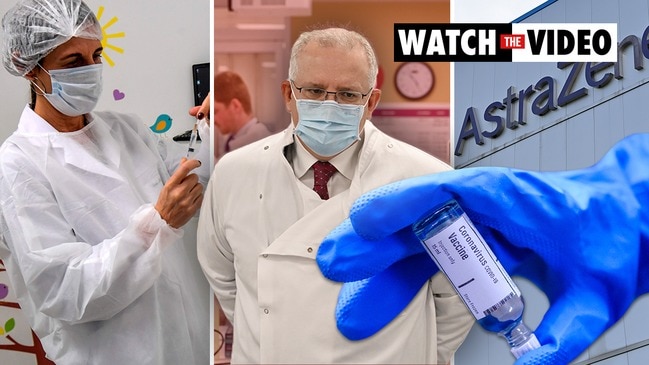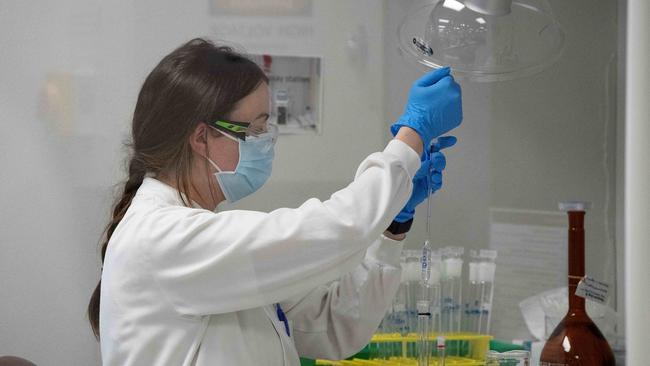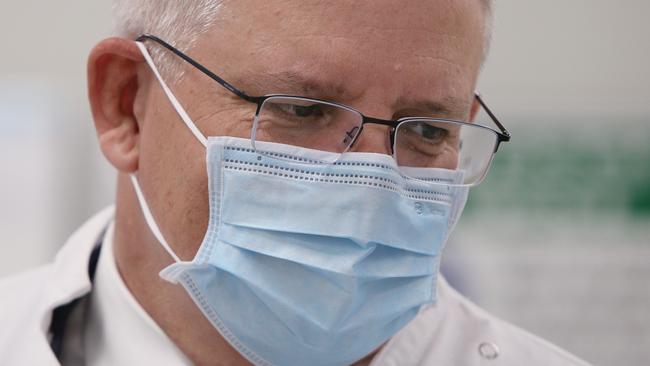No jab, no pay could apply to a COVID-19 vaccine
No jab, no pay schemes could be rolled out to cut off government payments if the take up of the COVID-19 vaccine is not strong enough to ensure herd immunity.

QLD News
Don't miss out on the headlines from QLD News. Followed categories will be added to My News.
No jab, no pay schemes could be rolled out to cut off government payments if the take up of a COVID-19 vaccine is not strong enough.
As the first deal to secure a vaccine supply is signed, Prime Minister Scott Morrison said he wanted it to be “as mandatory as you can possibly make” to ensure herd immunity.
The nation’s top doctors said vaccinations were the “absolutely ticket” to return to normal society and expect a strong take up.
But they indicated they were prepared to consider “the stick” if necessary.
Free COVID vaccine for Australians when one is developed

Medical experts said voluntary take up was the best option, but if herd immunity was not reached this way “no jab, no pay” schemes, which link children’s vaccinations to family tax benefit payments, had proven effective in the past.
The Federal Government has signed a “letter of intent” with pharmaceutical company AstraZeneca to secure its vaccine should it prove safe and effective.
Mr Morrison said while a coronavirus vaccine would not be compulsory, broad take up was necessary to protect the community.
“In the first instance I’d be encouraging people to take it on. I’ll certainly be taking it on, my family will be taking it on,” he said.
Acting Chief Medical Officer Paul Kelly said he expected long, social-distanced queues of people seeking the vaccine should one or more become available.
“There will be very strong campaigns to encourage people and we’ve had experience before of linking vaccination with other programs,” he said.
Deputy Chief Medical Officer Dr Nick Coatsworth said if an “incentive stick” was needed there were current programs like “no jab, no pay” that could be used.

Asked about whether there could be restrictions considered for non-vaccinated people going to restaurants, travelling internationally or using public transport, or if vaccination certificates would be looked at he said they were “policy decisions that need to or will be discussed”.
“There’s no current mechanism to enforce that sort of thing at the moment.,” he said.
Griffith University infectious diseases and immunology director Nigel McMillan a strong take public take up could mean there was no need to make it mandatory, though it could be an option if a level of herd immunity was not reached.
“When you’ve linked it to no jab no play or pay, we’ve seen vaccinations rise above that threshold,” he said.
He said data from the vaccine trials would help determine just what proportion of the population would need to be immunised for that threshold to be reached.


